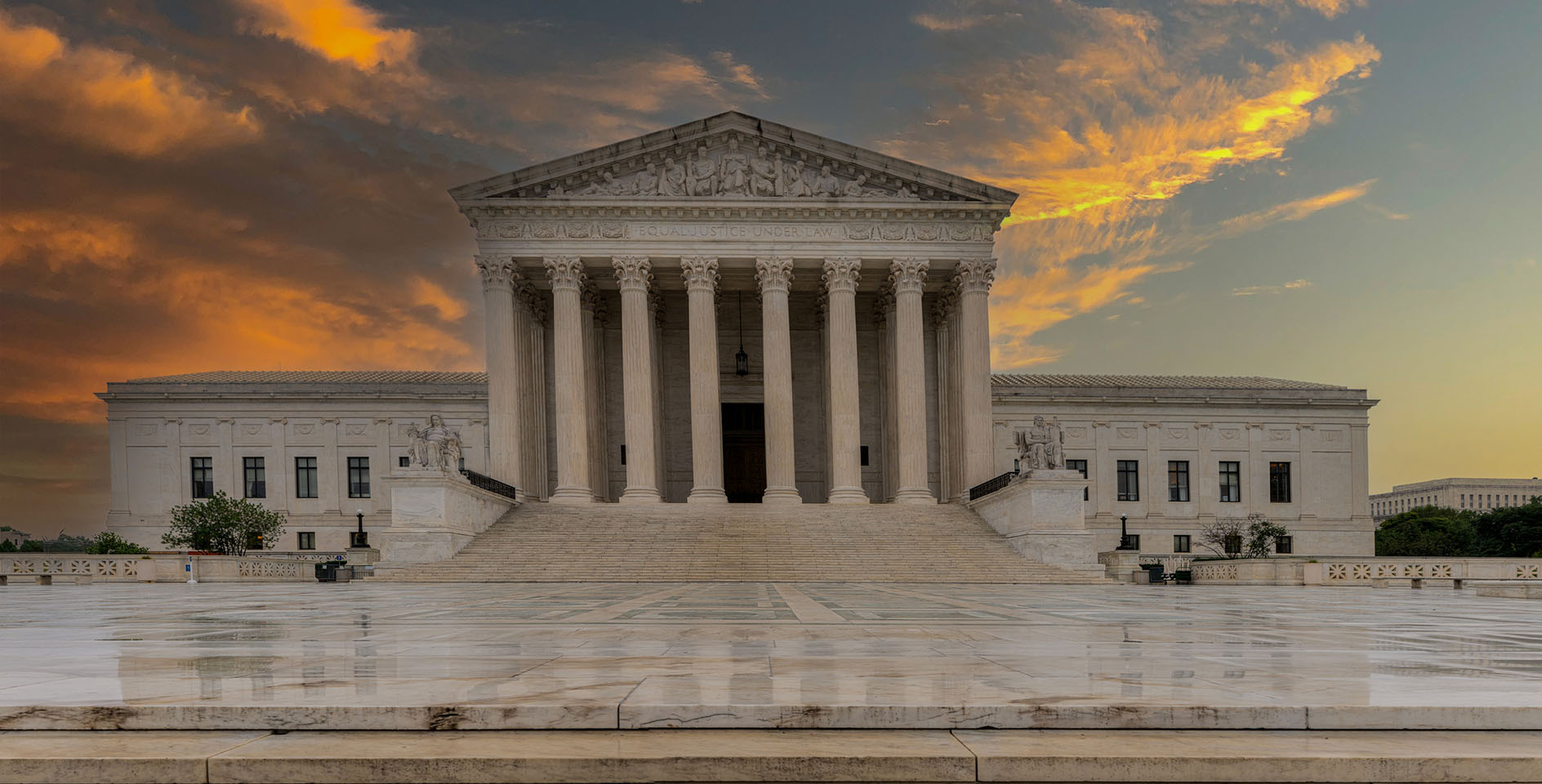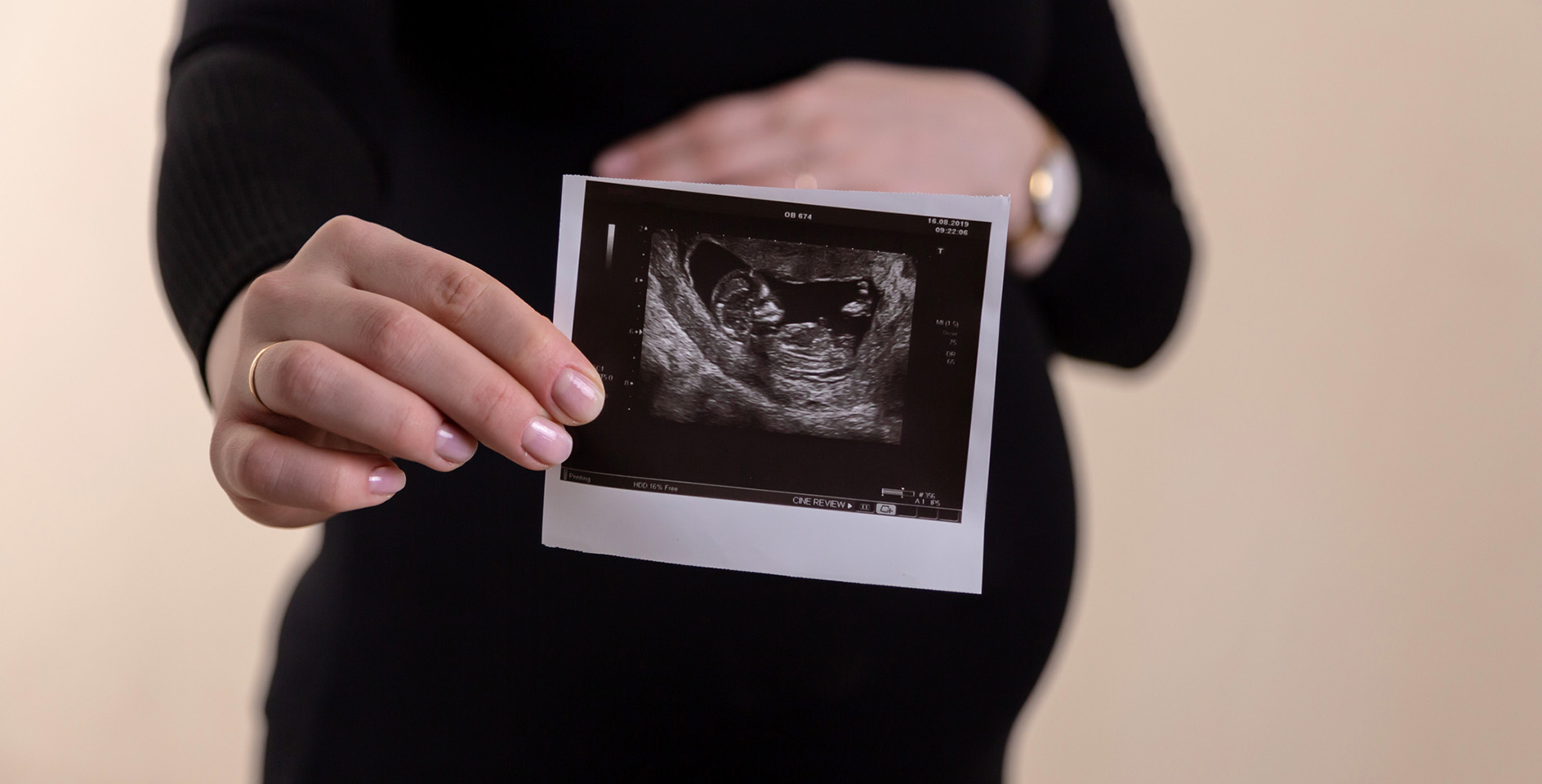Adoption is a central theological theme throughout Scripture. God has adopted us and welcomed us into the family of God. (Gal. 4:4-6). As Paul wrote, those “led by the Spirit are the children of God” (Rom. 8:14). All children of God receive the spirit of adoption. This theological theme carries practical application for our families and communities. As followers of Christ, we are called to care for the vulnerable and oppressed, including orphans (James 1:27, Isaiah 1:17).
For many vulnerable children in foreign countries, intercountry adoption is their only opportunity to grow up in a safe, permanent, and loving family. Intercountry adoption also provides children access to needed medical, therapeutic, and educational resources. In a world full of children in need, intercountry adoption is an essential measure of the Christian faith.
Our government has an important role to play in ensuring the protection and welfare of children. An important aspect of child welfare policy is to remove barriers to adoption so that families are able to welcome children safely into their homes. Unfortunately, there have been many obstacles to intercountry adoption.
What is the problem?
Prior to the Child Citizenship Act of 2000, the administrative steps for an adoptive family were unnecessarily burdensome. In addition to the lengthy adoption process, families had to engage in a lengthy naturalization process for their children. The Child Citizenship Act of 2000 streamlined the process, and granted automatic citizenship to all foreign-born children brought to the United States, who had at least one parent who was a U.S. Citizen. While the intercountry adoption process remains a lengthy one, taking anywhere from one to four years, adoptive families no longer have to worry about the lengthy naturalization process.
Unfortunately, the Child Citizenship Act of 2000 did not include adoptees who were 18 and older when the law took effect. This loophole left people legally adopted as children and raised in the United States without citizenship. The exclusion resulted in numerous difficulties for impacted adoptees. Because of a lack of citizenship, everyday activities for these individuals like obtaining a driver’s license, receiving financial aid at college, applying for jobs, working for the government, or traveling abroad are restricted.
What does the Adoptee Citizenship Act do?
The Adoptee Citizenship Act fixes this problem by making citizenship automatic for international adoptees who were legally adopted by U.S. citizens as children, regardless of their age when the Child Citizenship Act took effect.
The legislation was introduced by Reps. Rod Woodall (R–Ga.) and Adam Smith (D–Wash.), and by Senators Roy Blunt (R–Mo.), Mazie K. Hirono (D–Hawaii), and provides equity to these children, now adults, who should have every legal right of any other child of U.S. citizens.
When an adoption is finalized, the adoptee is treated by the law as if he or she had been born to the adoptive parents. The adoptee should also receive the same legal rights and privileges as natural born children. This important bill provides a permanent legal remedy for the thousands of sons and daughters of U.S. citizens who were left behind and not granted American citizenship.
Why should Christians care about the Adoptee Citizenship Act?
Adopting from other countries is a privilege. Not every nation chooses to participate in intercountry adoption, and the United States should respect the countries that choose to participate by quickly securing permanent citizenship for the thousands of adoptees who are currently without.
Rather than make the adoption process more difficult, our government should make it easier to adopt these children in need of a family. The Child Citizenship Act of 2000 rightly eased the burden on adopting families, and the Adoptee Citizenship Act continues that work by closing the loophole to provide immediate citizenship to these children already adopted by U.S. citizens yet left out of the previous bill. Christians should seek to promote the welfare of vulnerable children, both domestic and abroad.
What’s next?
The Adoptee Citizenship Act has large bipartisan and bicameral support. The ERLC is engaged with a broad coalition invested in child welfare to urge members of Congress to swiftly pass this bill and secure permanent citizenship for the thousands of impacted adoptees. The bill’s passage would be an important step to ensuring that adoptees are treated the same way under the law as natural born citizens.
ERLC intern Justin McDowell contributed to this article.
The ERLC strongly urges Congress to pass the bipartisan Adoptee Citizenship Act to provide a permanent legal remedy for the thousands of sons and daughters of U.S. citizens who were left in the gap of uncertainty. A great step you can take today on behalf of vulnerable children is to call your Representative and Senators to ask them to support the Adoptee Citizenship Act. To find your members of Congress and for more information on this bill, click here.









